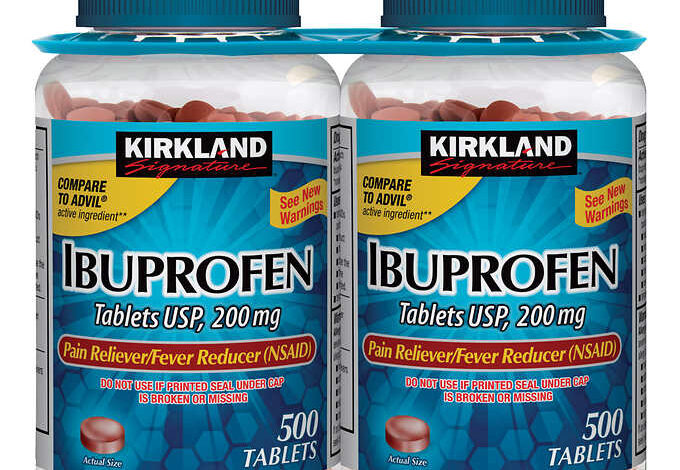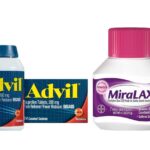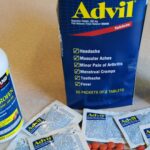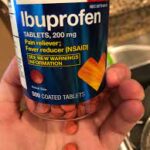Can You Get Addicted To Ibuprofen?

The American Society of Addiction Medicine defines addiction as “a treatable, chronic medical disease involving complex interactions among brain circuits, genetics, the environment, and an individual’s life experiences. People with addiction use substances or engage in behaviors that become compulsive and often continue despite harmful consequences.”
Many people, but not all, start using a drug or first engage in an activity voluntarily. However, addiction can take over and reduce self-control.
What is Ibuprofen?
Ibuprofen is in a class of medications called NSAIDs. It works by stopping the body’s production of a substance that causes pain, fever, and inflammation. Prescription ibuprofen is used to relieve pain, tenderness, swelling, and stiffness caused by osteoarthritis (arthritis caused by a breakdown of the lining of the joints) and rheumatoid arthritis (arthritis caused by swelling of the lining of the joints). It is also used to relieve mild to moderate pain, including menstrual pain (pain that happens before or during a menstrual period).
Nonprescription ibuprofen is used to reduce fever and to relieve minor aches and pain from headaches, muscle aches, arthritis, menstrual periods, the common cold, toothaches, and backaches.
How many people use ibuprofen?
Advil a brand of ibuprofen was the leading name-brand internal analgesic tablet in the United States in 2019, not including private label. In that year, Advil generated 449.5 million U.S. dollars in sales, while private label internal analgesic tablet sales amounted to nearly 1.18 billion U.S. dollars.
NSAIDs are among the most popular medications worldwide. In fact, estimates suggest that about 15% of the US population takes an NSAID regularly (including those that are over the counter and prescription strength). Along with sporadic users, more than 30 billion doses are taken each year.
A new study finds that this may be a bigger problem than anyone realized. Among more than 1,300 people taking ibuprofen:
• More than one-third also took a second NSAID. Less than half of these “double NSAID” users realized that more than one of their medications was an NSAID.
• Up to 15% took more than the recommended dosage.
Exceeding the recommended maximum dose was especially common among men, those with chronic pain, those with poor knowledge of dosing recommendations, and those who believed in “choosing my own dose
Can You Get Addicted To Ibuprofen?
Yes, despite not having addiction triggering chemical properties ‘simple’ painkillers like ibuprofen, can become addictive if you take them at least three times a week for three months at a time.
Even more worrying, some painkillers may make your body more sensitive to pain. If you’re taking painkillers and you get pain, your instinct is to take more painkillers, which can end up feeding the addiction.
What are the other side effects of Ibuprofen?
Common side effects of ibuprofen include:
• Dizziness
• Stomach and abdominal pain
• Heartburn
• Constipation
• Nausea
• Rash
• Ringing in the ears
• Swelling (edema)
• Fluid retention
• Headache
• Vomiting
• Skin peeling
• Sun sensitivity (photosensitivity reactions)
Serious side effects of ibuprofen include:
• Acute renal failure
• Agranulocytosis
• Aplastic anemia
• Erythematous macular rashes
• Hemolytic anemia (with or without positive direct antiglobulin test results)
• Neutropenia
• Thrombocytopenia (with or without rash)
• Toxic epidermal necrolysis (Lyell syndrome)
This document does not contain all possible side effects and others may occur. Check with your physician for additional information about side effects.





